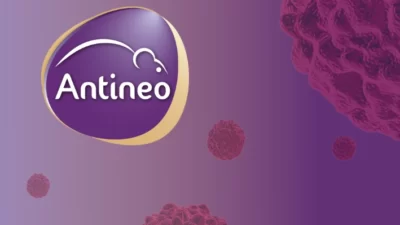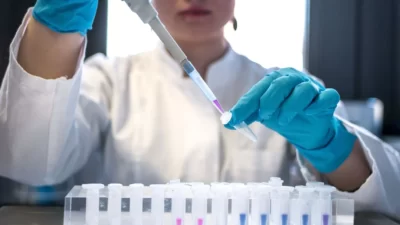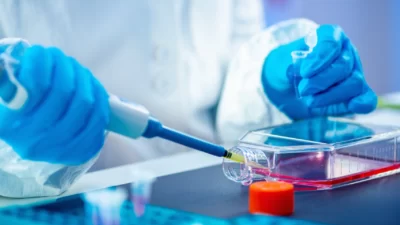Download pdf:
Advances and challenges in antibody-drug conjugates (ADCs) for targeted cancer therapy
Antibody–drug conjugates (ADCs) combine the specificity of monoclonal antibodies with the potency of highly cytotoxic agents, potentially reducing the severity of side effects by preferentially targeting their payload to the tumour site. ADCs are being increasingly used in combination with other agents, including as first-line cancer therapies. As the technology to produce these complex therapeutics has matured, many more ADCs have been approved or are in late-phase clinical trials. The diversification of antigenic targets as well as bioactive payloads is rapidly broadening the scope of tumour indications for ADCs. Moreover, novel vector protein formats as well as warheads targeting the tumour microenvironment are expected to improve the intratumour distribution or activation of ADCs, and consequently their anticancer activity for difficult-to-treat tumour types. However, toxicity remains a key issue in the development of these agents, and better understanding and management of ADC-related toxicities will be essential for further optimization. This Review provides a broad overview of the recent advances and challenges in ADC development for cancer treatment.Read the full publication on Nature

 Antineo
Antineo Preclinical services
Preclinical services Tumour models
Tumour models Our Strengths
Our Strengths News & Events
News & Events